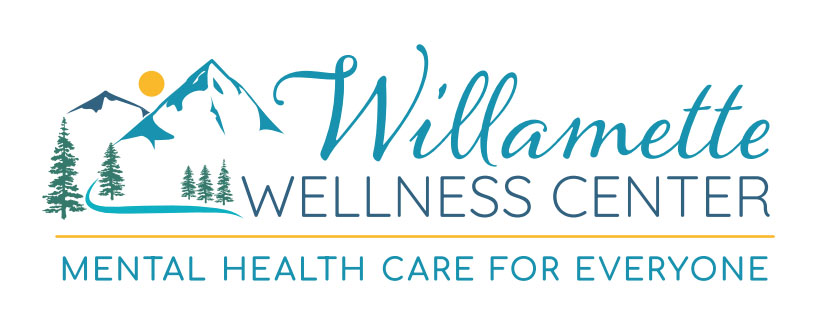At Willamette Wellness Center, we understand that neurodivergence looks different for everyone. For our clients in Milwaukie, Portland, West Linn, Oregon City, and nearby communities, neurodivergence simply means that a person’s brain processes, learns, and experiences the world in ways that may differ from what’s considered “typical.” Neurodivergence isn’t a flaw or something to be “fixed.” It’s a natural variation in human wiring—one that often comes with both meaningful strengths and real challenges. Conditions such as Autism, ADHD/ADD, OCD, and PTSD commonly fall under this umbrella.
Many people seek therapy not to change who they are, but to reduce symptoms that disrupt daily life, like anxiety, intrusive thoughts, difficulty focusing, sensory overwhelm, or chronic stress. At WWC, our therapists provide a safe, trauma-informed, and neuroaffirming space where your differences are respected and supported. Our goal is to help you build strategies that honor how your brain works, ease the parts that feel heavy, and support you in thriving both inside and outside therapy.
It’s also important to understand the differences between therapy and medical care. Mental health therapists can provide mental health therapy sessions (treatment) for neurodivergence through talk therapy and evidence-based modalities like CBT, DBT, ACT, EMDR, and IFS. This form of treatment can be highly effective in helping clients manage symptoms, regulate emotions, and build practical skills for daily life. However, therapists cannot prescribe medication. If a client is seeking medication, they will need a more formal evaluation by a psychologist/or psychiatrist, or psychiatric nurse practitioner (PMHNP), who can create a treatment plan that includes medication management, if appropriate. Some therapists may offer an initial assessment or an informational diagnosis, but clients seeking prescriptions are typically referred out for a full diagnostic evaluation.
WWC has providers who are part of neurodivergent communities themselves and who have advanced training in OCD, ADHD, Autism, and related conditions. Our clinicians are passionate about walking alongside clients on their healing journey, offering compassionate, personalized therapy that supports growth, reduces symptoms, and honors each person’s unique strengths. Although WWC does not prescribe medication, we maintain strong referral relationships throughout the Milwaukie and Portland metro area. When clients need a formal assessment, diagnosis, or medication management, we can connect them with trusted psychologists, psychiatric nurse practitioners, and medical providers who offer that level of care. At Willamette Wellness Center, we believe neurodivergent voices matter. We are proud to offer affirming, evidence-based therapy as part of our commitment to inclusive, accessible mental health care for everyone.



